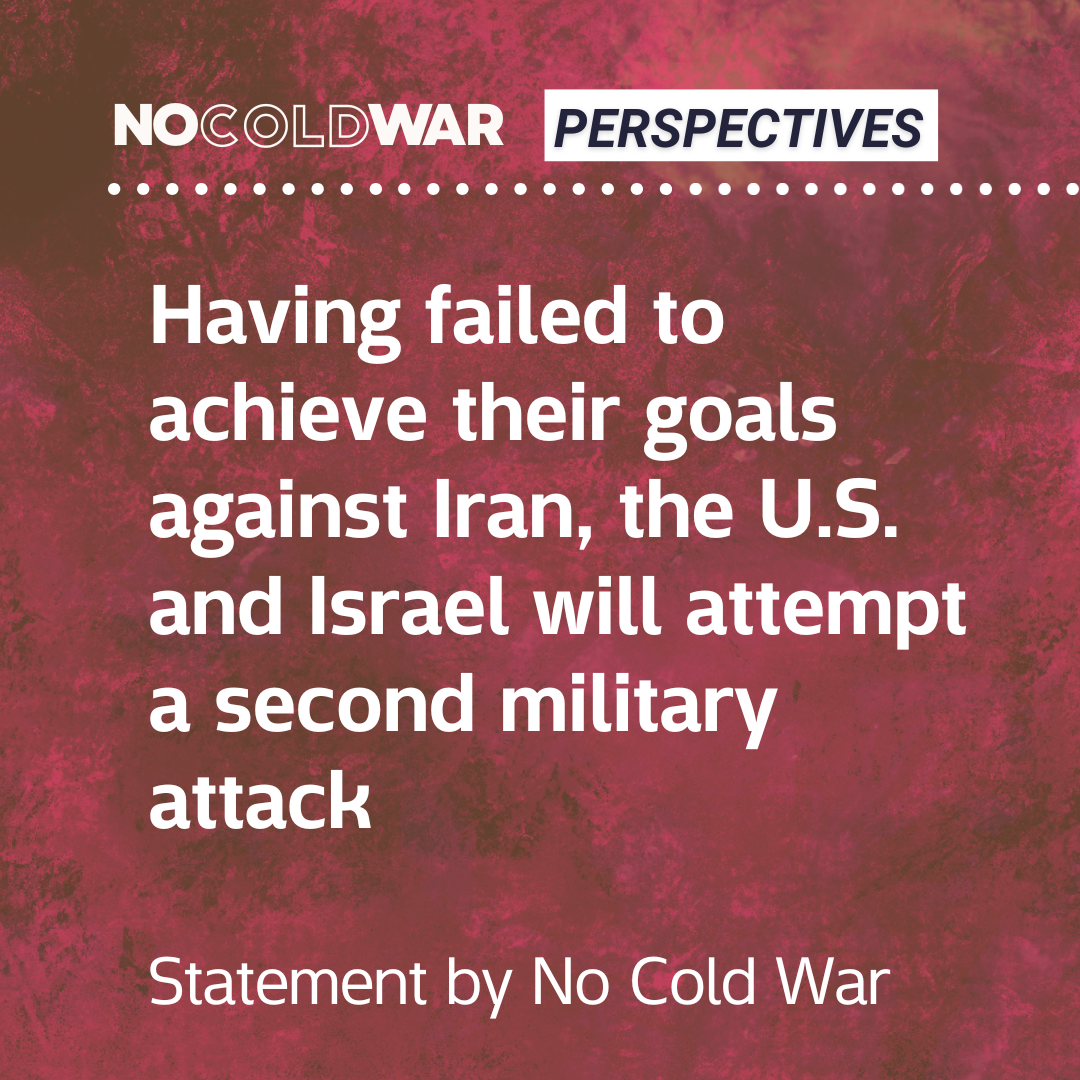
The U.S. and Israel failed to destroy Iran’s nuclear weapons program or achieve regime change in the first round of attacks. It is only a question of time before they attempt a second. Whether, and when, they will achieve this depends not only on Iran’s resistance but also on the solidarity and support in other countries against the U.S. and Israel. It is therefore vital that the stakes involved are understood.
The U.S. support for Israeli domination of West Asia
In their actions in Gaza and West Asia, Israel and the U.S. have shown the world their real character and plans for the region, in open contempt for the overwhelming majority of world opinion as evidenced by votes in the UN, international opinion polls, and massive international protests. Israel has carried out an openly genocidal attempt to destroy Gaza’s society, with fascist slaughter of children, women, and anyone else it chooses. These Israeli public massacres were enabled by U.S. military support.
The U.S. plan is that the tiny Israeli state—of less than 10 million, widely delegitimized around the world, and which rules by fascist methods— should be dominant in a West Asian and North African region of almost 600 million people. To achieve this, the U.S. and its Israeli client regime aims not only to massacre Palestinians but to fragment an increasing number of states in the region as carried out against Iraq, Lebanon, and Syria. Given Iran’s large size and population of over 90 million, Israel and the U.S. would also like to achieve this with Iran. Iran is also seen by both the U.S. and Israel as an important part of the BRICS alliance in West Asia — which the U.S. wants to weaken or demolish.
Israel and the U.S. failed in their strategic goals against Iran
Iran has been the most powerful state supporter for the Palestinian people. After the blows that Israel and the U.S. delivered against the resistance in Gaza, Lebanon, and Syria, they inevitably turned to Iran. But this attack did not succeed in gaining the U.S. and Israel’s strategic objectives.
The degree of damage to Iran’s nuclear programme from U.S. attacks will not become clear for some time — estimates range from relatively small to serious. But as long as Iran’s present government remains in place, this nuclear programme cannot be considered destroyed and can be rebuilt from any starting level.
The attempt by the U.S. and Israel to achieve “regime change” in Iran, with Netanyahu’s farcical attempts to present himself as a friend of the Iranian people, was a complete failure. All reports, including in the Westen media, show that Iran’s population, whatever their differences on other issues, responded to the U.S. Israeli attack with hostility and rallying around the defence of the country.
Furthermore, Iran’s missile counter-strikes on Irael did serious damage. Whatever the claimed effectiveness of Israel’s “Iron Dome” against rockets from Hamas and others, it was incapable of stopping Iran’s strategic missiles. Despite strict Israeli censorship, images from Israel, including on Western media such as CNN, revealed serious missile hits on its cities – the first time Israel’s cities have ever suffered serious damage in a war. There was no evidence that Iran’s ability to hit Israel declined during the war – Iran’s missiles were still hitting Israel on the last day of the war. Whether or not Israel was running short of defensive missiles was accurate (as claimed by U.S. pro-Israeli figures like Steve Bannon), the U.S. and Israel both clearly wanted to rapidly halt the war after the U.S. bombing attack.
The U.S. and Israel will prepare a second attack on Iran
Because the U.S. and Israel failed in their strategic objectives in the war, which they consider essential to dominating West Asia, and because of Iran’s role in BRICS, the U.S. and Israel will attack Iran again. The timing will simply be decided by the level of damage inside Israel and that done to Iran’s nuclear programme.
Victory of such a second U.S. and Israel attack would strengthen the genocidal Israeli regime, threaten all countries and forces resisting this in West Asia, and deal a major blow to BRICS. All forces in solidarity with Palestine, opposing the Israeli regime, and generally supporting progress should oppose the U.S. and Israeli preparations for a second attack on Iran.
The necessity of a nuclear free West Asia
Finally, the present situation shows the danger presented to the world by Israel’s nuclear weapons. Faced with a threat from a genocidal Israeli regime, using fascist methods in Gaza and elsewhere, countries in West Asia will inevitably conclude that the only way to deter Israel is by obtaining nuclear weapons. These countries are perfectly capable of seeing that countries which abandoned nuclear weapons programmes, such as Libya and Iraq, were attacked while those that successfully developed nuclear weapons, such as North Korea, were not. Faced with both a conventional and nuclear threat by Israel, other countries understand Israel is tiny and could be destroyed by two or three nuclear bombs. Thus, as long as Israel possesses nuclear weapons, it is only a matter of time before other West Asian countries acquire them. Thus, the only way forward is either, the preferred one, of a nuclear free West Asia and North Africa, or nuclear proliferation across West Asia and the great threat this presents to humanity in one of the world’s most war-torn regions.